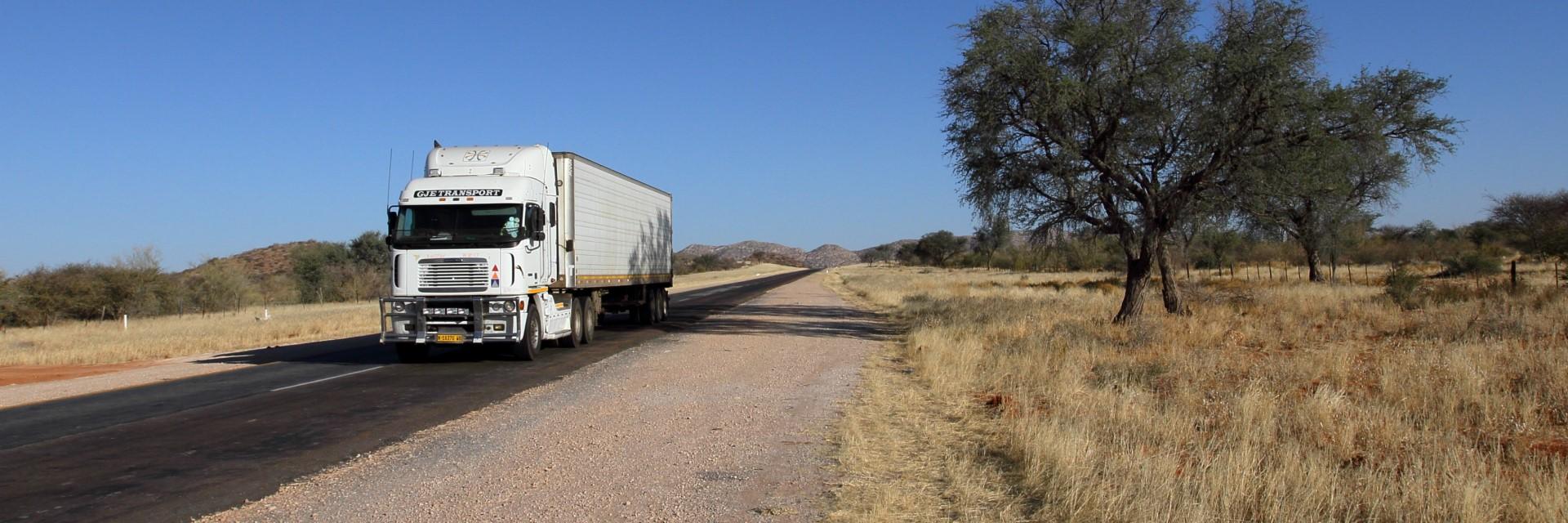Harare, 22 January 2024 (ECA, COMESA) - To enhance political will and strengthen the capacity of Member States to apply the AU Guidelines for the Development of Regional Agricultural Value Chains (RAVCs) in Africa, the ECA has initiated a project on Strengthening Member State capacity to develop Regional Agricultural Value Chains to promote Diversification and Intra-African Trade. In partnership with the COMESA Secretariat, the project will promote regional value chains of two strategic commodities, maize, and dairy, in Zambia and Zimbabwe with a view to foster agro-processing.
Following a review of the policy, regulatory and institutional frameworks in Zambia and Zimbabwe, this week, COMESA and ECA are holding a series of workshops with key stakeholders to validate the report’s recommendation on strengthening maize and dairy value chains. The workshops are also aimed at reviewing the industrialization and export strategy for maize and dairy products in the two countries. In addition, key stakeholders are undergoing training in maize and dairy value chains to increase their capacities in mainstreaming regional value chain development in agricultural policies and strategies.
According to the organizers, the workshops serve as an important platform for feedback from stakeholders on the Industrialization and export strategy for maize and dairy products in Zambia and Zimbabwe. “We are also generating consensus from stakeholders on the next steps to actualize the contents of the two documents,”
Mr. Pardon Njerere COMESA's value chain expert in the Industry and Agriculture Division, indicated that the present project is in line with COMESA's industrialisation strategy and the two study reports will “act as an input into the feasibility study of a proposed Common Agro-Industrial Park (CAIP) between Zambia and Zimbabwe.” The ECA Subregion Office in Southern Africa had previously developed a preliminary feasibility study in partnership with COMESA Secretariat, as well as a study on the harmonization of policy, regulatory and institutional frameworks in support of CAIP. Mr. Njerere stressed the importance of securing strong collaboration between the two countries to realize the desire for cross-border trade expansion and advancing agro-processing.
Mr. Rich Kaitano, Director of Agribusiness in the Zimbabwe Ministry of Lands, Agriculture, Water, Fisheries and Rural Development underscored his government’s commitment to the development of value chains as a building block toward the achievement of the national vision which is themed, “Towards an empowered upper middle economy by 2030”. He emphasized the importance of developing value chains in the agro-processing sector, among other sectors as prioritised in the Government of Zimbabwe’s economic blueprint, the National Development Strategy (2020-2025). He noted that the success of the CAIP initiative is hinged on high performing value chains, which should provide diverse and innovative products that can compete effectively on the regional and global markets.
Mr. Brian Ngandu, Director of Policy Planning in Zambia’s Ministry of Agriculture stressed that to achieve the goal of promoting export, there is a need to promote the development of value chains into regional value chains. Furthermore, well-structured regional value chains “are key to commanding a bigger stake in the regional and global markets.”
Mr. Medhat El-Helepi of the ECA said the implementation of the AfCFTA is expected to tear down borders and ensure full continental integration. “Well structured regional agricultural commodity value chains are critical for promoting cross-border trade and the envisaged CAIP; and are important for improving food security and fostering socio-economic transformation.”
He also stated that the present project on Strengthening Member State Capacity to Develop Regional Agricultural Value Chains to Enhance Diversification and Intra-African Trade: The Case of Zambia and Zimbabwe is part of ECA’s technical support towards the development of Africa’s first common agro-industrial park recognizing the vital importance of agro-parks as enablers of fostering agro-proccessing, and industrialization and diversification, at large.
Participants noted that having a review of policies and regulations is a critical prerequisite to fast tracking cross-border trade and industrialization and harnessing the full potential of the AfCFTA and a fully functioning envisaged CAIP.
Following the workshops, ECA and COMESA Secretariat will engage Zimbabwe to identify policies and regulations that need to be amended in support of maize and dairy value chains across the two countries, and will work on an action plan to develop and adopt the validated draft export strategy.

